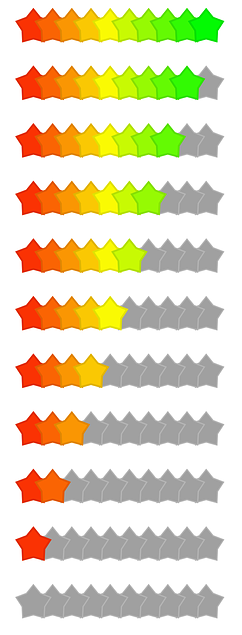Simple Surveys

A survey is a way to collect data that involves asking people about their opinions, behaviours or knowledge.
Surveys can be done by talking to people (e.g. interviews, phone interviews or focus groups) or as written questionnaires that people can complete on paper or online.
What Types of Questions can we Ask?
We need to consider the types of questions we want to ask people so we get meaningful data (i.e. data that will help us answer the question we are asking). There are two main types of questions: open-ended and closed-ended questions.

A closed-ended (or closed) question is a question that has a limited number of responses, such as a Yes/No question or a multiple choice question. For example, if I wanted to find out about people's favourite animals, I may ask, "Which animal do you prefer- dogs, cats or birds?" There are only 3 possible answers people can choose- dogs, cats or birds.

An open-ended (or open) question is a question that does not limit people's answers. Using the same example of finding out about people's favourite animal, I may simply ask, "What is your favourite animal?" People can answer as they wish.
Most researchers who use surveys use a mixture of open and closed questions because of the pros and cons of each type of question.
Collecting and Displaying Survey Results
Once we have collected your results (e.g. in a frequency table), we can graph the results (e.g. in a column graph, a picture graph or a pie chart) and use them to draw conclusions (i.e. make judgements).
Survey Says... is a Mathspace investigation about constructing surveys.
Why don't you give it a go?
Worked Examples
Question 1
Mrs. Lee took a survey of the type of pets owned by her students.
Which pet is most common?
cats
Arabbits
Bdogs
Cbirds
Dother
Eturtles
FThere is the fewest of which type of pet?
other
Arabbits
Bturtles
Cdogs
Dcats
Ebirds
FHow many students had rabbits?
Which pets could belong to the $other$other category?
Birds
ACats
BMice
CDogs
D
Question 2
Tom took a survey of people's eye colours in his year at school.
Complete the table.
Eye Colour Tally Frequency Brown |||||||||||||||||$\editable{}$ Black ||||||||||||||||$\editable{}$ Blue ||||||||||$\editable{}$ Green |||| $\editable{}$ Other ||||||||||||||$\editable{}$ How many people took part in the survey?
What is the rarest eye colour?
Brown.
AOther.
BBlack.
CGreen.
DBlue.
EComplete the column graph using the results from the table above.
Question 3
A survey was done to find the number of students that use different methods of transport. $2800$2800 students were surveyed.

Which method of transport is more popular: Bicycle or Car?
Car
ABicycle
BWhich method of transport is most popular?
Train
ACar
BBus
CBicycle
DWhat fraction of the total number of students are students that take the train?
